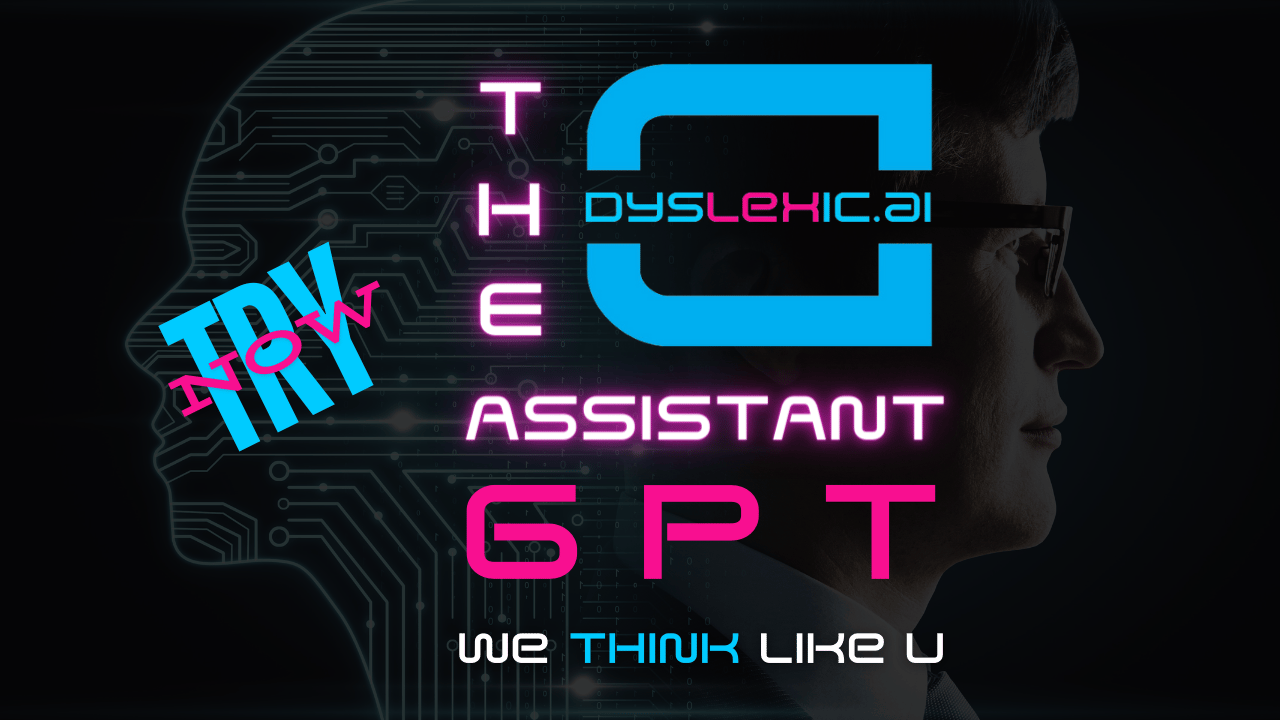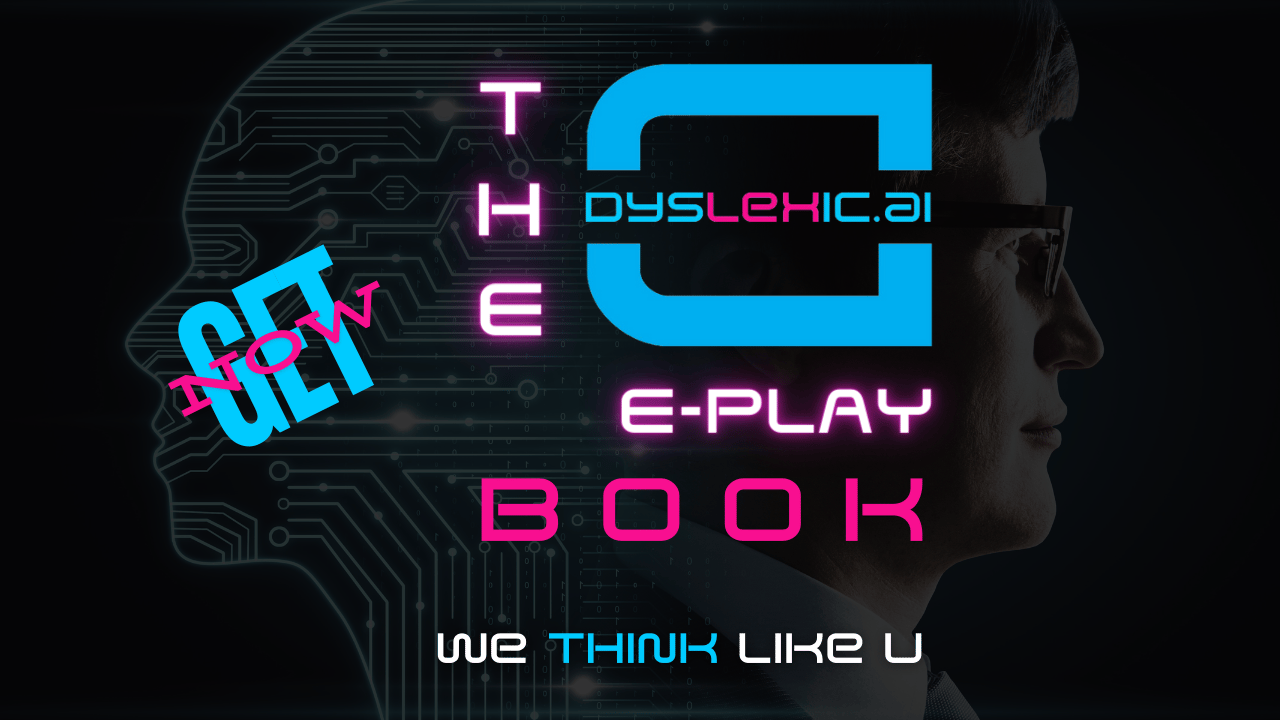- DYSLEXIC AI
- Posts
- Newsletter 274: Cognitive AI Architectures and the Rise of AI Cognitive Architects
Newsletter 274: Cognitive AI Architectures and the Rise of AI Cognitive Architects
🧠 Unleashing Human Potential Through AI-Enhanced Thinking and the Emergence of a New Professional Frontier

Hey there, fellow out-of-the-box thinkers!
Remember when we talked about AI and job security? Well, buckle up, because we're about to take that conversation to a whole new dimension.
Today, we're diving deep into the world of Cognitive AI Architectures and exploring an exciting new role: the AI Cognitive Architect.
Trust me, this is going to blow your mind – in the best way possible.
The Evolution of AI: From Tools to Thinking Partners to... Architects?
Picture this: AI isn't just a fancy calculator anymore.
It's not even just a thinking partner. It's evolving into a system that thinks, reasons, and problem-solves – kind of like a brain.
But here's the kicker – it's not trying to replace our brains. Instead, it's becoming a powerful ally, especially for us neurodivergent thinkers.
And guess what? We're the ones who get to design how it thinks!
What the Heck is Cognitive AI Architecture?
Okay, let's break this down.
Cognitive AI Architecture is like the blueprint of how AI systems are designed to think.
It's not just about crunching numbers; it's about mimicking different types of human thinking – creative, logical, strategic, you name it.
Think of it this way: just like our brains have different areas for different types of thinking, AI is now being structured to have its own "cognitive regions."
This means AI can now offer more advanced reasoning and decision-making capabilities.
It's like giving AI a crash course in "How to Think Like a Human 101," but with a twist – we get to decide how it processes information.
System 1 vs. System 2 Thinking: The AI Edition
Now, let's get a bit geeky (in a cool way, I promise). There's this concept in psychology about two types of thinking:
1. System 1 Thinking: This is the fast, automatic thinking. It's what AI has been great at so far – spotting patterns and giving quick answers based on existing data.
2. System 2 Thinking: This is the slower, more deliberate thinking. It's where AI is heading now – actually pausing to consider different options and make informed decisions.
You know, like when you're trying to figure out what to watch on Netflix (we've all been there).
Why does this matter?
Because it's transforming AI from a tool that just does stuff for us into a partner that thinks with us.
And here's where it gets exciting – we're starting to see AI that can do both, just like our brains!
The Rise of the AI Cognitive Architect
Now, here's where you come in.
The world needs people who can design these AI thinking systems – AI Cognitive Architects.
And guess what?
You don't need to be a coding wizard to do this job.
In fact, your neurodivergent brain might be your secret weapon.
As an AI Cognitive Architect, you'd be:
1. Designing how AI thinks and processes information
2. Making sure AI can work with different thinking styles (like our lateral thinking superpowers!)
3. Creating AI systems that are actually helpful for real people in the real world
It's like being the architect of a digital brain. How cool is that?
AI for Different Brains: It's Getting Personal
Here's where it gets really exciting, especially for us neurodivergent folks.
Cognitive AI Architecture isn't one-size-fits-all.
It can be tailored to support different thinking styles. Let me break it down for you:
1. For the Lateral Thinkers (that's us, dyslexic squad!):
- AI can help us visualize our ideas and connect dots we didn't even know existed.
- I've developed a Lateral Thinking GPT that's like a brainstorming buddy on steroids.
2. For the Linear Thinkers:
- AI can provide structure and organization, turning chaotic thoughts into step-by-step plans.
- There's a Linear Thinking GPT that's basically Marie Kondo for your brain.
3. For the Socratic Thinkers:
- AI can ask those deep, probing questions that make you go "Hmm..."
- The Socratic Questioning GPT is like having a philosophy professor in your pocket.
And guess who gets to design these specialized AI thinkers? That's right – AI Cognitive Architects like you and me!
Bridging the Gap: When Creativity Meets Strategy
Here's the real magic: Cognitive AI Architecture can be the bridge between the creative, "what if" side of our brains and the logical, "how to" side.
It's like having a brainstorming session and a board meeting at the same time – and actually getting stuff done.
For entrepreneurs, this means you can dream big and plan smart, all with the same AI tools.
For educators, it's about fostering creativity in students while still ticking all those curriculum boxes.
And for us neurodivergent thinkers, it's a chance to showcase how our unique way of thinking can shape the future of AI.
Why Should You Care? (Spoiler: It's About Your Future)
Listen up, because this is important.
As AI becomes more integrated into our daily lives, understanding how it thinks is becoming just as crucial as understanding how we think.
It's not just about using AI tools; it's about thinking with AI and designing how AI thinks.
- If you're in business: AI can be your strategist, your analyst, and your creative director all rolled into one.
- If you're an educator: AI isn't just a teaching tool; it's a thinking partner that can help develop those crucial 21st-century skills.
- If you're neurodivergent: This is our chance to shape AI in a way that celebrates diverse thinking styles.
The Future is AI-Driven (But Human-Centered)
Here's the bottom line: Cognitive AI Architecture isn't about creating robot overlords.
It's about empowering us to think better, make smarter decisions, and solve problems in ways we never could before.
For us neurodivergent thinkers, this is our time to shine.
Our unique way of seeing the world?
That's our specialty, and AI is our partner.
Becoming an AI Cognitive Architect: Your Next Career Move?
Now, you might be thinking, "But I'm not a tech genius!" Good news – you don't have to be.
As an AI Cognitive Architect, your superpower is understanding how people think.
Your expertise in psychology, education, or even your own neurodivergent experience is invaluable.
Here's what you bring to the table:
1. Understanding of Human Cognition: Your insight into how people think and process information is gold.
2. User Experience Expertise: You know how to make things user-friendly and intuitive.
3. Domain Knowledge: Your experience in education, business, or coaching is crucial for creating AI that solves real-world problems.
4. Communication Skills: You can bridge the gap between tech experts and everyday users.
5. Ethical Considerations: Your understanding of diversity and inclusion ensures AI is fair and accessible to all.
What's Next?
In our upcoming newsletters, we'll dive into real-world examples of how businesses and schools are using cognitive AI architectures.
I'll show you how to start integrating these tools into your own life and work, and maybe even take your first steps toward becoming an AI Cognitive Architect.
Until then, keep thinking outside the box – and let AI help you color outside the lines.
Want to Learn More?
If you're itching to explore how cognitive AI can supercharge your brain or your business, hit me up!
I offer AI coaching services and custom GPT tools designed specifically for creative problem-solvers and strategic planners.
And who knows?
Maybe we'll discover your hidden talent as an AI Cognitive Architect along the way!
Let's redefine what's possible – together.
Stay curious, stay awesome!
WE THINK LIKE YOU!
Matt Ivey & The Dyslexic AI Team
P.S. Remember, in the world of AI, being "different" isn't just okay – it's your secret weapon. Embrace it!

TL;DR - For My Fellow Skimmers
• Cognitive AI Architecture is the design of how AI systems think and process information, mimicking human cognitive processes.
• AI is evolving from fast, pattern-based responses (System 1 thinking) to more deliberate, reasoning-based outputs (System 2 thinking).
• The role of AI Cognitive Architect is emerging, focusing on designing AI systems that complement human thinking styles.
• Neurodivergent thinkers (like us dyslexics!) are uniquely positioned to excel as AI Cognitive Architects due to our diverse thinking styles.
• AI can be tailored to support different cognitive styles:
- Lateral Thinking GPT for creative problem-solving
- Linear Thinking GPT for structured planning
- Socratic Questioning GPT for critical thinking
• Cognitive AI Architecture bridges the gap between creativity and strategy, benefiting both businesses and education.
• You don't need to be a tech expert to be an AI Cognitive Architect - skills in psychology, education, and understanding diverse thinking styles are valuable.
• The future of AI is human-centered, with AI as a powerful sidekick to enhance our natural cognitive abilities.
• This emerging field offers exciting career opportunities, especially for those with neurodivergent perspectives.
• Understanding and designing AI thinking processes is becoming as crucial as understanding human cognition in our AI-driven world.
Remember: Your unique way of thinking is your superpower in the world of AI!
What did you think about today's edition? |
What should the next deep dive be about? |
|
|
|






Reply